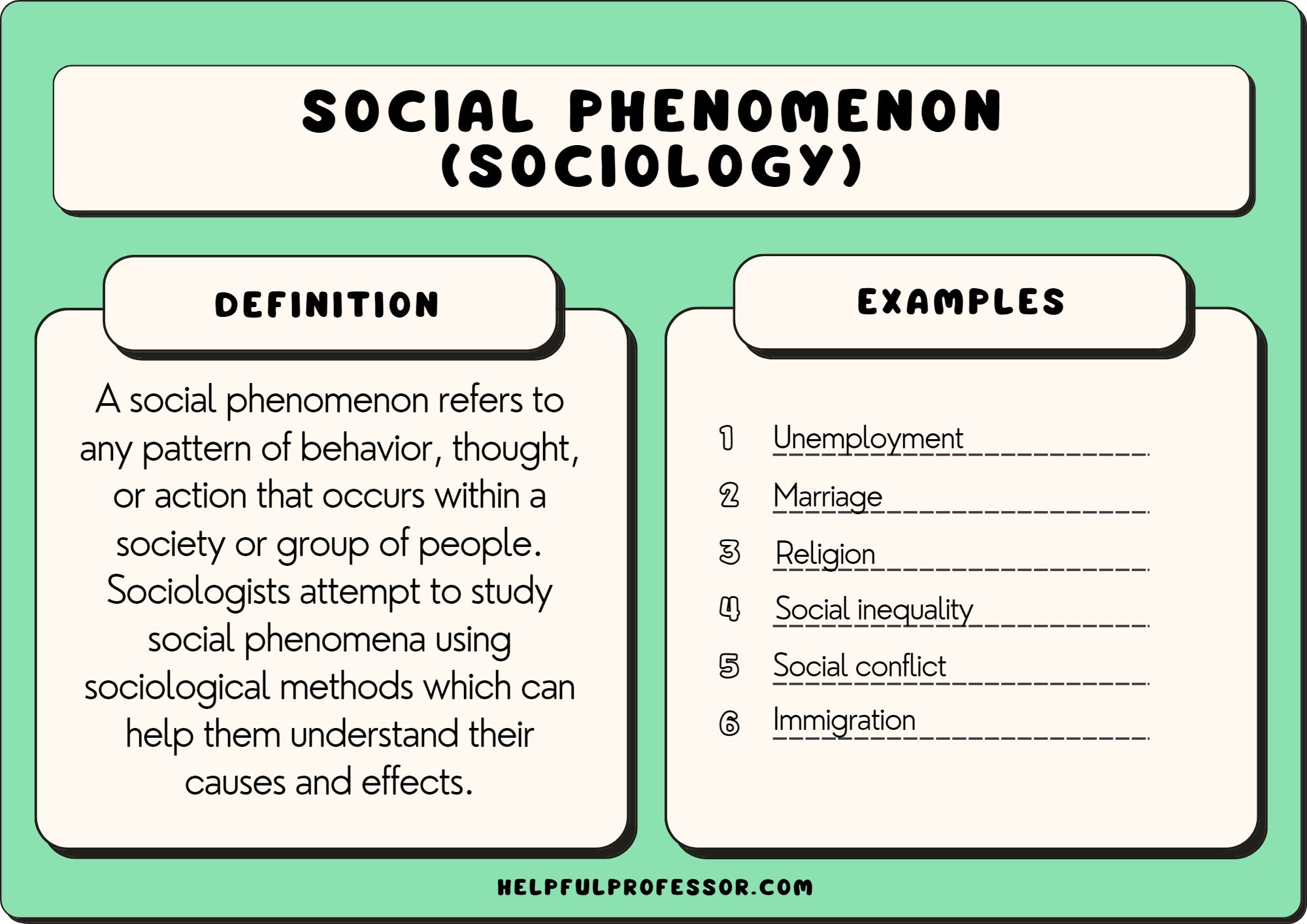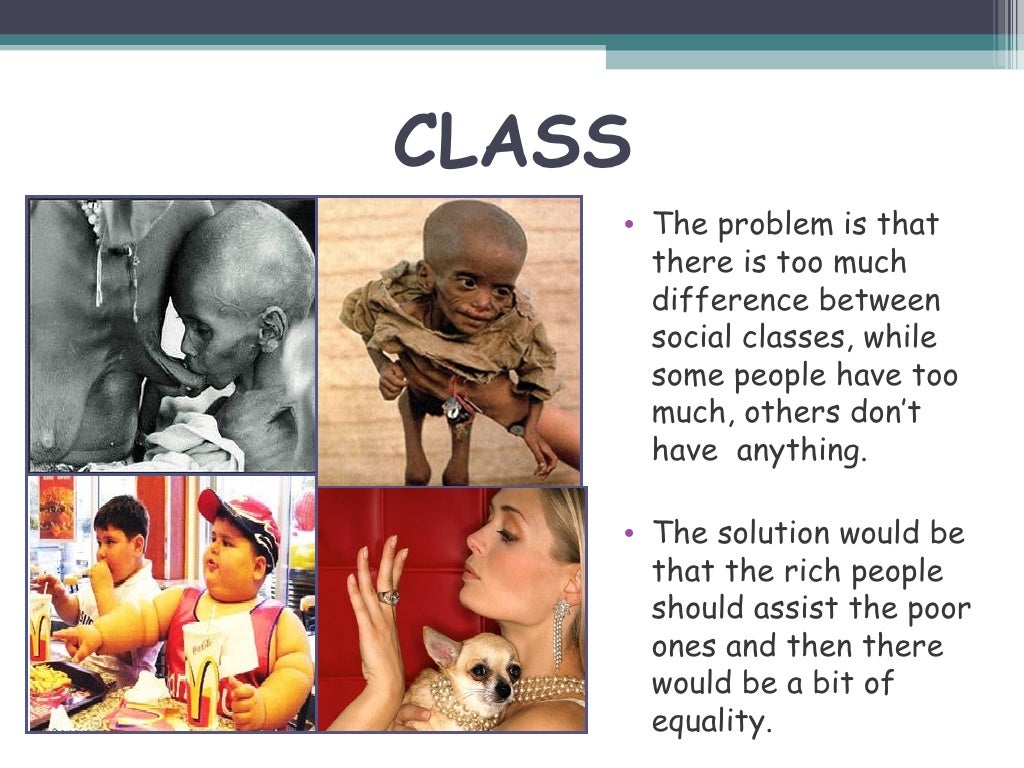Imagine a world where your future is already predetermined by your zip code, your race, or your gender. For many, this reality isn’t a dystopian novel but a harsh truth. This is the world social problems sociology seeks to understand, to unravel the complex threads of inequality that weave through our societies.

Image: helpfulprofessor.com
This field isn’t just about identifying problems; it’s about taking action. By understanding the roots of social injustices, like poverty, discrimination, and environmental degradation, we can develop solutions that create a fairer and more sustainable world. Let’s delve into the dynamic realm of social problems sociology, examining how it sheds light on complex issues and guides us towards positive change.
The Tapestry of Social Problems: Unveiling the Threads
Social problems are like intricate tapestries, woven from a complex interplay of individual experiences, societal structures, and historical forces. The threads of poverty, for example, intertwine with issues like education, healthcare, and racial disparities. To truly understand the tapestry, sociologists analyze these threads individually and together, uncovering the intricate patterns that reveal how these problems perpetuate themselves.
One important concept in understanding social problems is the social construction of reality. This theory argues that our perceptions of reality, including what we deem “social problems,” are shaped by societal processes. What one society considers a problem might not be considered one in another. For example, same-sex relationships were once viewed as deviant in many societies, but today are becoming increasingly accepted and recognized. The social construction of reality emphasizes that problems are not inherent but rather defined by social, cultural, and historical contexts.
Social Problems Sociology in Action: Illuminating Real-World Issues
The applications of social problems sociology are far-reaching, offering insights into a vast array of societal challenges. Here are a few key areas where this field is making a tangible difference:
1. Poverty and Inequality
Social problems sociology illuminates the complex interplay of factors contributing to poverty, from systemic discrimination and lack of access to education, healthcare, and decent-paying jobs, to the impact of governmental policies and economic fluctuations. This understanding empowers communities to advocate for fairer policies and programs designed to address the root causes of poverty, rather than simply providing band-aid solutions.

Image: www.slideshare.net
2. Racial and Ethnic Inequality
The field helps us understand the historical and contemporary manifestations of racial and ethnic discrimination, from subtle bias to overt prejudice. By examining the systemic structures that perpetuate these inequalities, sociologists provide valuable insights for dismantling racism and fostering a more inclusive society.
3. Gender Inequality
Social problems sociology explores the myriad ways women face discrimination and marginalization. From the gender pay gap to lack of representation in leadership positions, these issues are rooted in deeply ingrained societal norms and expectations. By analyzing the root causes of gender inequality, sociologists offer solutions that promote greater equality and empowerment for women.
4. Environmental Degradation
Our planet faces urgent environmental challenges, from climate change to unsustainable consumption patterns. Social problems sociology investigates the social and economic factors driving these issues, enabling us to develop effective strategies for promoting sustainability and environmental justice.
5. Health Disparities
Social problems sociology sheds light on the unequal access to healthcare and the disparities in health outcomes across different populations. By examining the factors that contribute to these disparities, from socioeconomic status to racial and ethnic background, this field empowers us to advocate for equitable healthcare systems and policies that prioritize the well-being of all.
Expert Insights and Actionable Tips: Bridging the Gap Between Understanding and Action
One of the most important contributions of social problems sociology is its focus on social action. It doesn’t just analyze problems; it equips individuals and communities to take an active role in shaping solutions.
Dr. Lisa Wade, Professor of Sociology and Author of “American Hookup,” emphasizes the power of “sociological imagination” in effectively addressing social problems. “It means seeing the social context of events, and how social structures and forces shape individual lives,” she explains. “When we can see the connections between our individual experiences and broader societal patterns, we can better identify solutions that address the root causes of inequality.”
To empower ourselves as agents of positive change, we can:
- Engage in critical thinking by questioning the status quo and examining the assumptions and biases embedded in our social structures.
- Become informed citizens by staying informed about current events, researching social issues, and participating in community dialogues.
- Advocate for social justice by supporting organizations working to address social problems and engaging in activism through various forms, such as volunteering, donating, and participating in protests or campaigns.
Social Problems Sociology In Action
Conclusion: Weaving Change with Sociology in Action
By understanding the interconnectedness of social problems and the role of social structures in shaping our lives, social problems sociology empowers us to become informed citizens and active advocates for social justice. We can use this knowledge to challenge stereotypes, advocate for equitable policies, and ultimately create a more just and equitable society for all.
Let’s remember that the tapestry of society is constantly evolving. By engaging in critical dialogue, taking action, and fostering collective responsibility, we can weave a more vibrant, inclusive, and just future for generations to come.






